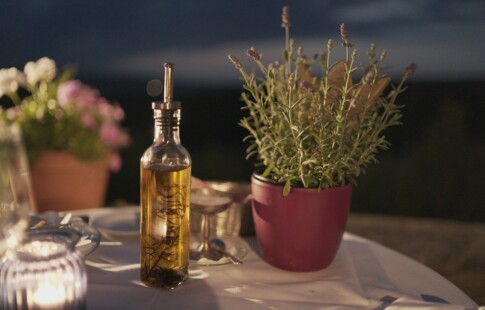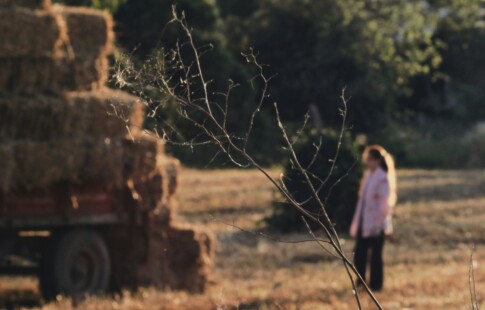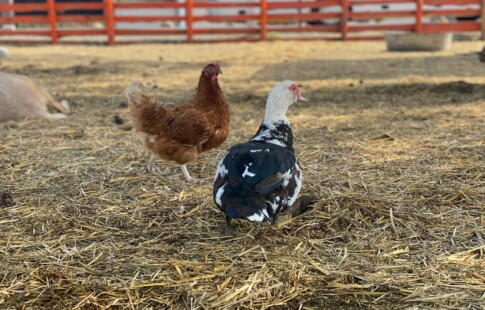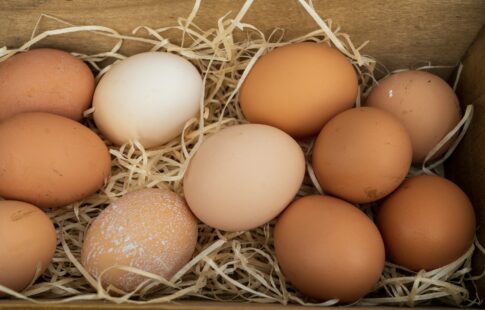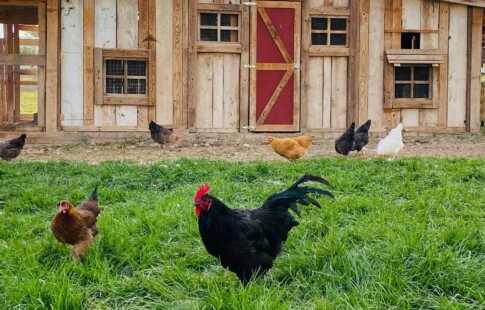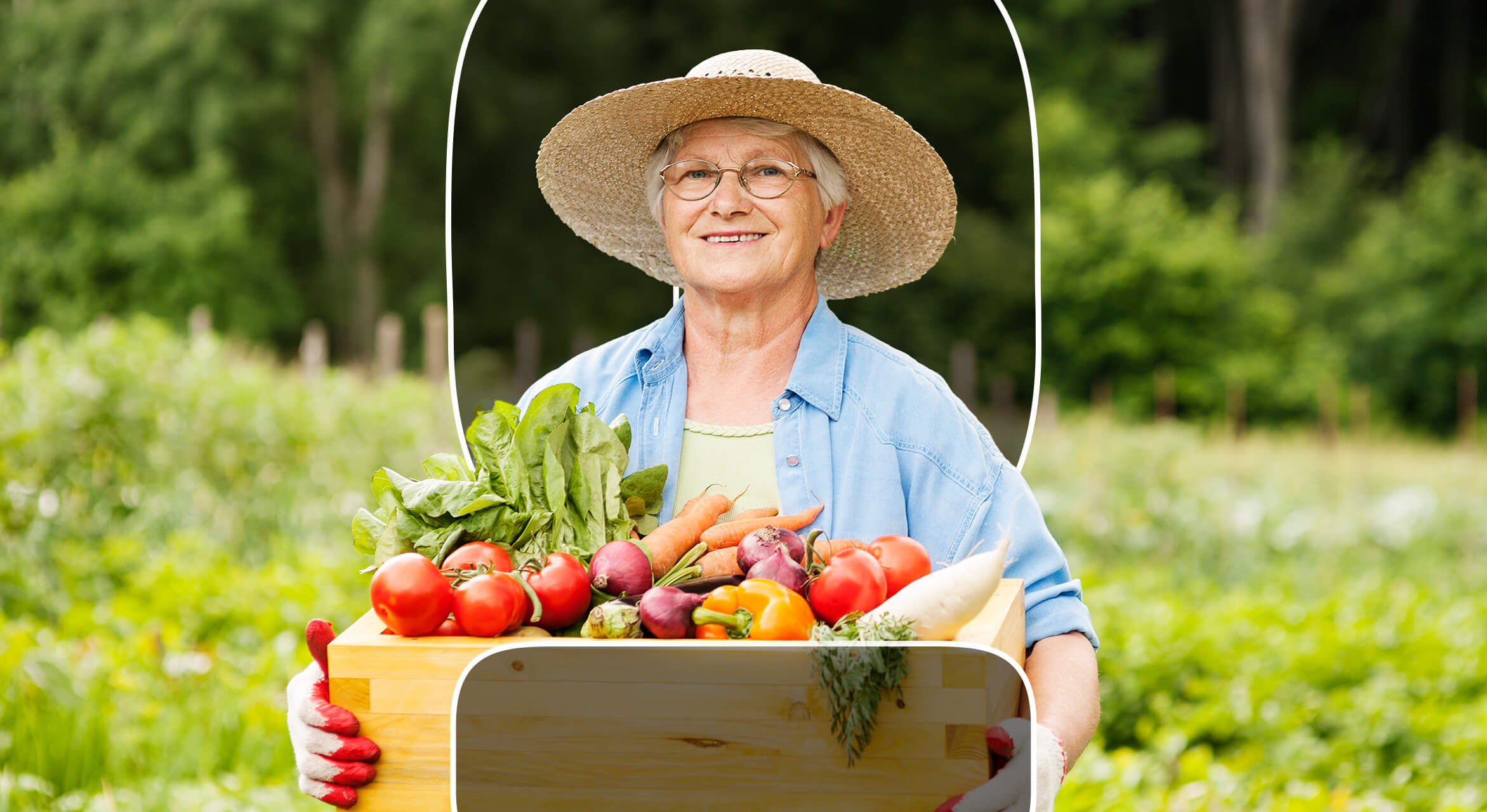
5 Influential Women in Agribusiness
We are reader-supported. When you buy through links on our site, we may earn affiliate commission.
Climate changes threaten the security of our global food supply. Environmental researchers and engineers search for sustainable solutions to agricultural degradation and scarcity. Fortunately, various women generated ecologically healing methods for agribusiness.
Conventional farming processes, like monocropping and synthetic pesticide use, produce adverse environmental effects. Over time, the practices deplete soil nutrients, leaving certain regions unable to yield crops. They also fuel eutrophication, creating uninhabitable marine areas.
The Eco-Feminist View
Throughout history, women displayed a greater appreciation for and understanding of nature. Men dominate and exploit natural resources and women in similar ways. Environmental degradation is a feminist issue because it helps society understand the oppression of women.
In developing countries, women feel more adverse environmental effects from pollution and deforestation than men. Historically, women also tended to their gardens can forage for fruits and vegetables in peaceful ways. Men held the hunting roles, killing animals in violent manners.
Eco-feminism reclaims women’s and nature’s protection and connection. Many female environmental scientists and researchers used their instinctual bond to develop ecologically focused solutions to agricultural issues. Their development ranges from additive regulation to food security modifications.
1. Rachel Carson
Rachel Carson is a historic eco-feminist who revolutionized the world of insecticides. The agribusiness did not specifically define her, and her work significantly affected the industry. Carson revealed the adverse environmental effects of dichloro-diphenyl-trichloroethane (DDT).
DDT was a popular synthetic insecticide developed in the 1940s. Farmers used the solution to protect crops and livestock from insect-transmitted diseases like typhus and malaria. Quickly, the residential and military sectors adopted DDT for personal pest control.
The widespread use of DDT caused a thinning of bird shells, marine species endangerment and adverse human health effects. When used in farming, the element connected to the fatty tissues and traveled to humans through cow milk. High exposure caused convulsions and tremors, and low exposure caused diarrhea, eye irritation and nausea.
Carson observed the DDT’s detrimental effects and informed society through her book, Silent Spring. Her efforts to ban the toxic solution worked. In 1972, the U.S. government eliminated all accessible DDT in hopes of conserving the planet’s ecology.
2. Harriet Williams Russel Strong
Harriet Williams Russel Strong turned to agricultural innovation when her fortune turned to debt. She became a widow at 39 with four children and no education. Strong kept her family afloat by growing fruits, vegetables and nuts.
In California, Harriet struggled with irrigation on her farmland. After much research and testing, she discovered a successful water conservation method, helping sustain her garden. Strong patented her irrigation and storage technology, which America used for water conservation, flood mitigation, irrigation and hydropower generation.
We can turn back to Strong’s accomplishments now and source solutions for water exploitation. Professionals predict our freshwater supply will degrade in the coming decades. By 2040 we may reach a global water shortage, generating significant health concerns.
3. Dr. Mary Engle Pennington
Dr. Mary Engle Pennington was the Food and Drug Administration’s (FDA) first female lab chief. She directed her laboratory in developing food preservation technology. They tested ways to keep produce fresh and healthy using constant low temperatures.
Her research team discovered low temperatures keep bacteria levels down, preserving food for longer. Pennington’s work increased food security and conserved refrigerated products like milk, eggs, lettuce and more. Her contributions to food safety revolutionized agribusiness.
4. Dr. Maria Andrade
Dr. Maria Andrade, a University of Arizona alumni, studied how drought-ridden regions affect plant development and food security. She researched plant genetics in Sub-Saharan Africa, searching for a food scarcity solution. Following much development, Andrade generated a drought-tolerant sweet potato.
She introduced nine different varieties to Mozambique farmers, helping enhance their communal food supply. Andrade received the World Food Prize in 2016 for her invention and efforts. She also went on to develop biofortified vegetables for vitamin A-deficient children in the area.
5. Alison Cayne
Alison Cayne is an NYU graduate who developed sustainable eating education. She runs Haven’s Kitchen in Manhattan, a recreational cooking school and café. Cayne developed her love for community outreach and sustainability when working with Grow NYC.
The Program connects farmers with local shoppers. Additionally, it collects food scraps and repurposes them for struggling community members. Alison took her experience with Grow NYC and developed a more education-based program for the city.
She displays the connection between eating healthy and sustainably. When you consume a sustainable diet, you improve global food security and decrease environmental degradation.
The Future of Agribusiness
As global temperatures rise, the agricultural industry faces new issues regarding food security. Water scarcity and pesticide pollution limit our ability to yield healthy crop quantities for sustained periods. Fortunately, environmental scientists and researchers are developing sustainable technology, improving the industry.
Without women, agribusiness would be undeveloped today. We can utilize the findings of the past to health the present and future industry. Over time, we can limit global hunger and conserve natural resources for future production.
Share on
Like what you read? Join other Environment.co readers!
Get the latest updates on our planet by subscribing to the Environment.co newsletter!
About the author
Jane Marsh
Starting from an early age, Jane Marsh loved all animals and became a budding environmentalist. Now, Jane works as the Editor-in-Chief of Environment.co where she covers topics related to climate policy, renewable energy, the food industry, and more.
